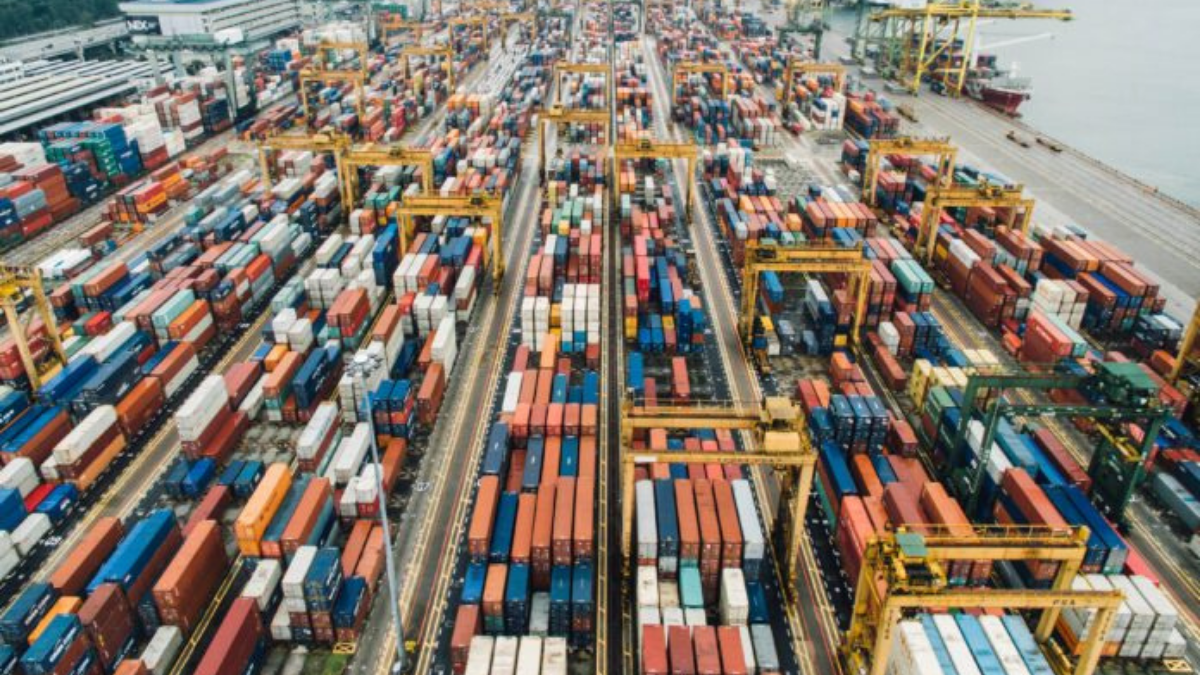Understanding how to grow your business is difficult, however understanding how to grow your business beyond domestic borders can be even more daunting. As technology opens up a multitude of global partnership opportunities and communication channels, knowing where and how to start can be critical to your business’s success.
This week we ask: ‘What are the key things you need to know for global distribution and expansion?’
Neil Luo, Head of Growth, Airwallex
One of the key challenges for global exporters is how to go about receiving payments from overseas clients without incurring a hefty FX fee. Finding the right way to minimise these fees could add up to 5% to your profit margin.
Too many businesses continue to rely on their domestic bank account to receive payments when exporting overseas. The disadvantage of this is two-fold: a) if a customer pays you in foreign currency, the bank will take a hefty FX conversion rate when it lands into your bank account and b) you are also exposed to FX risk since your underlying funds are all in domestic currency.
Luckily these days, there are a number of online and digital banking solutions that allow you to easily set up a multi-currency account. This allows you to bill your overseas clients in their local currency and for you to receive payments in these currencies also, eliminating FX fees and also allowing businesses to have a natural hedge on FX.
Best of all, these multi-currency accounts can allow your customers to pay using their domestic banking network, minimising fees for them and also allowing you to receive payments faster (up to next day).
Shop around to find the best option for you, being sure to prioritise providers which guarantee transparency and security.
John Delaney, Managing Director, MessageXchange
When it comes to global distribution and expansion, it’s critical to automate and streamline the supply chain. This can be done through digital messaging.
Electronic data interchange (EDI) can electronically link SMEs with their trading partners to exchange business information such as product information, purchase orders, advanced shipping notices and invoices. By exchanging information electronically, SMEs can save time and money.
EDI is based on global standards, so to achieve the best outcome with EDI, SMEs should look for a partner experienced with EDI in a global market. Even in Australia, SMEs have data in all parts of the world due to rapid uptake of cloud services from international providers. Importantly, SMEs need an EDI partner that can manage all of this and cater for all suppliers, including those with limited digital capability. This can be done by converting information to a digital format no matter what format it is originally received in.
Finally, to ensure a streamlined experience when expanding globally, SMEs should look for an EDI provider that offers follow-the-sun supply chain visibility so that, no matter where in the world the platform is accessed, the information will be displayed in the business’s own time zone.
Craig Padoa, Managing Director, Wanzl Australia
International expansion comes with a unique set of challenges. The crucial concern when expanding into other markets is to control costs so that you don’t establish an unsustainably high cost base before you’ve solidified revenue streams. This is especially true for operators whose offering goes beyond a cloud-based digital offering. Avail yourselves of experts and consultants in local countries who can advise on a localised market strategy.
Having agents, distributors and revenue partners who can share risk and profit as well as guiding your business strategies is a sound move. Choose partners carefully based on their capacity to provide insight into things like customer acquisition, product selection and pricing strategy. You should also seek guidance on cultural differences and customisation to the specific country.
Edward Wiley, Director of Strategic Partnerships Ecommerce, OFX
We’ve seen Australian SMEs go through a wave of adaptation in response to COVID, expanding into new markets to capture the rapid adoption of buying goods online. It’s the new gold rush and businesses are responding to secure a foothold in the latest world of retail.
From an FX perspective there are two key essentials businesses should factor in. Firstly, understanding the trust cost of doing business in multiple currencies; hidden FX fees and margins can add up and have a significant impact on your cash flow.
Secondly, understanding how AUD volatility can impact the value of currencies your business trades in. Currency movements could mean you receive less Aussie dollars than originally intended on the date you collected payment from your customer. Using FX management solutions like OFX’s Global Currency Account for online sellers or fixing your FX rates for up to 12 months can help provide currency certainty, so you can focus on running your business.
Keep up to date with our stories on LinkedIn, Twitter, Facebook and Instagram.

